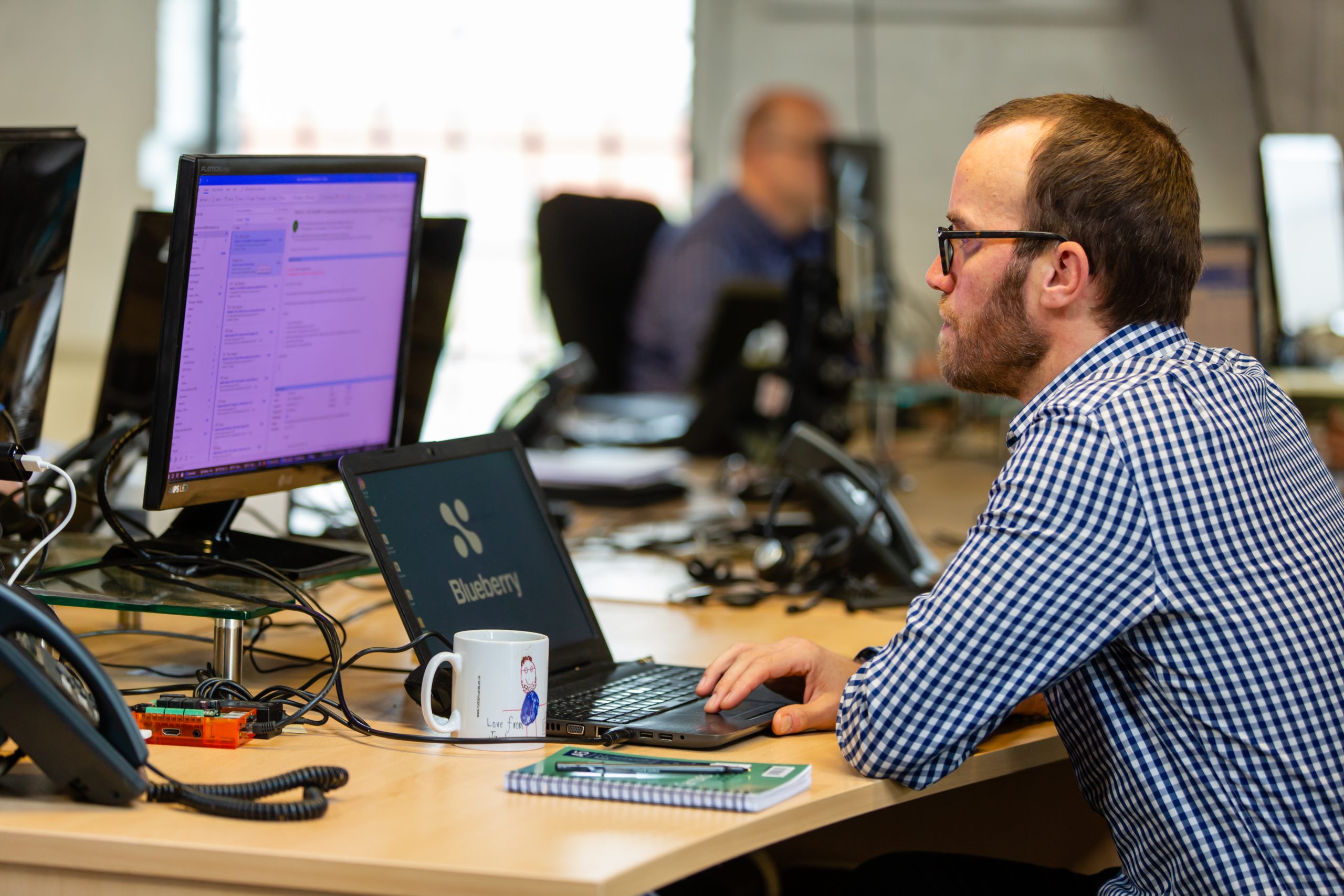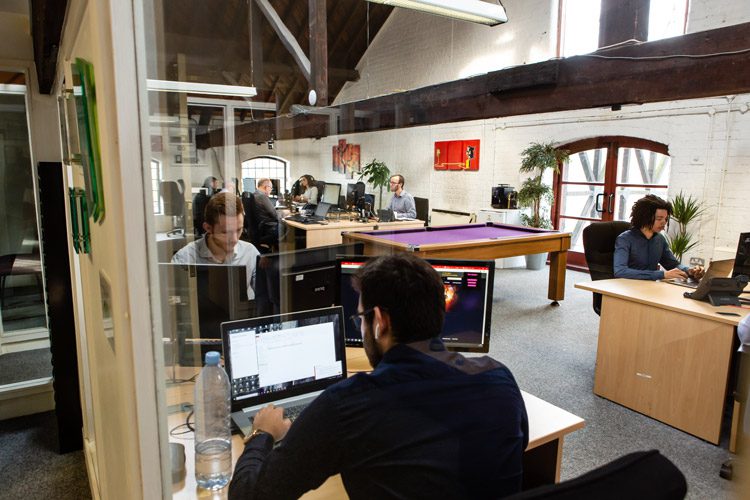In today’s fast-paced digital world, apps have become an essential part of our daily lives. Whether it’s for work, entertainment, fitness, shopping, or communication, apps provide convenience, efficiency, and accessibility at our fingertips. From improving productivity to enhancing leisure experiences, the benefits of using apps are endless. Here’s why using an app is incredibly useful in various aspects of life.
1. Convenience and Accessibility
One of the biggest advantages of using an app is the convenience it offers. With just a few taps on your smartphone, you can access a wide range of services, from ordering food to booking flights. Unlike traditional methods that require physical presence or long wait times, apps streamline processes, making tasks quicker and easier. Whether you’re managing your bank account or finding directions to a new place, apps eliminate the need for paperwork, phone calls, or long queues.
2. Increased Productivity
Apps designed for productivity help users organize their schedules, manage tasks, and enhance efficiency. Whether you are a student, freelancer, or business professional, apps like Google Calendar, Evernote, and Trello can help you plan your day effectively. They offer features such as reminders, collaborative tools, and note-taking capabilities, ensuring you stay on top of your responsibilities. With cloud synchronization, you can access your data from any device, making work seamless and efficient.
3. Cost-Effective Solutions
Using apps can save money by providing cost-effective alternatives to traditional services. For instance, apps like Zoom and Skype reduce the need for expensive in-person meetings, while online shopping apps offer exclusive discounts and cashback deals. Fitness apps eliminate the need for costly gym memberships by providing guided workout plans, and language-learning apps offer affordable alternatives to expensive language courses.
4. Entertainment and Leisure
Apps have transformed the way we entertain ourselves. From music and movie streaming services like Spotify and Netflix to gaming apps, there are endless ways to relax and unwind. Social media apps like Instagram and TikTok keep users connected and entertained, while e-book and podcast apps provide access to vast libraries of reading and listening material. The convenience of having entertainment on demand makes apps an integral part of modern leisure activities.
5. Health and Well-being
Health and fitness apps encourage users to adopt a healthier lifestyle by tracking workouts, monitoring nutrition, and providing mental well-being support. Apps like MyFitnessPal and Fitbit help users set fitness goals, while meditation apps like Calm and Headspace assist with stress management. Telemedicine apps allow users to consult doctors remotely, ensuring they receive medical advice without visiting a clinic, making healthcare more accessible.
6. Enhanced Communication
Apps have revolutionized communication by allowing people to stay connected regardless of location. Messaging apps like WhatsApp and Telegram enable instant messaging and video calls, while business communication platforms like Slack and Microsoft Teams facilitate seamless workplace collaboration. Apps bridge geographical barriers, making communication easier and more efficient for both personal and professional use.
Conclusion
Incorporating apps into daily life enhances convenience, productivity, entertainment, and well-being. With advancements in technology, apps continue to evolve, offering even more innovative solutions. Whether for work, fitness, shopping, or entertainment, apps provide an accessible, cost-effective, and efficient way to manage various aspects of life. Embracing the digital revolution by utilizing apps can lead to a more organized, connected, and fulfilling lifestyle.


